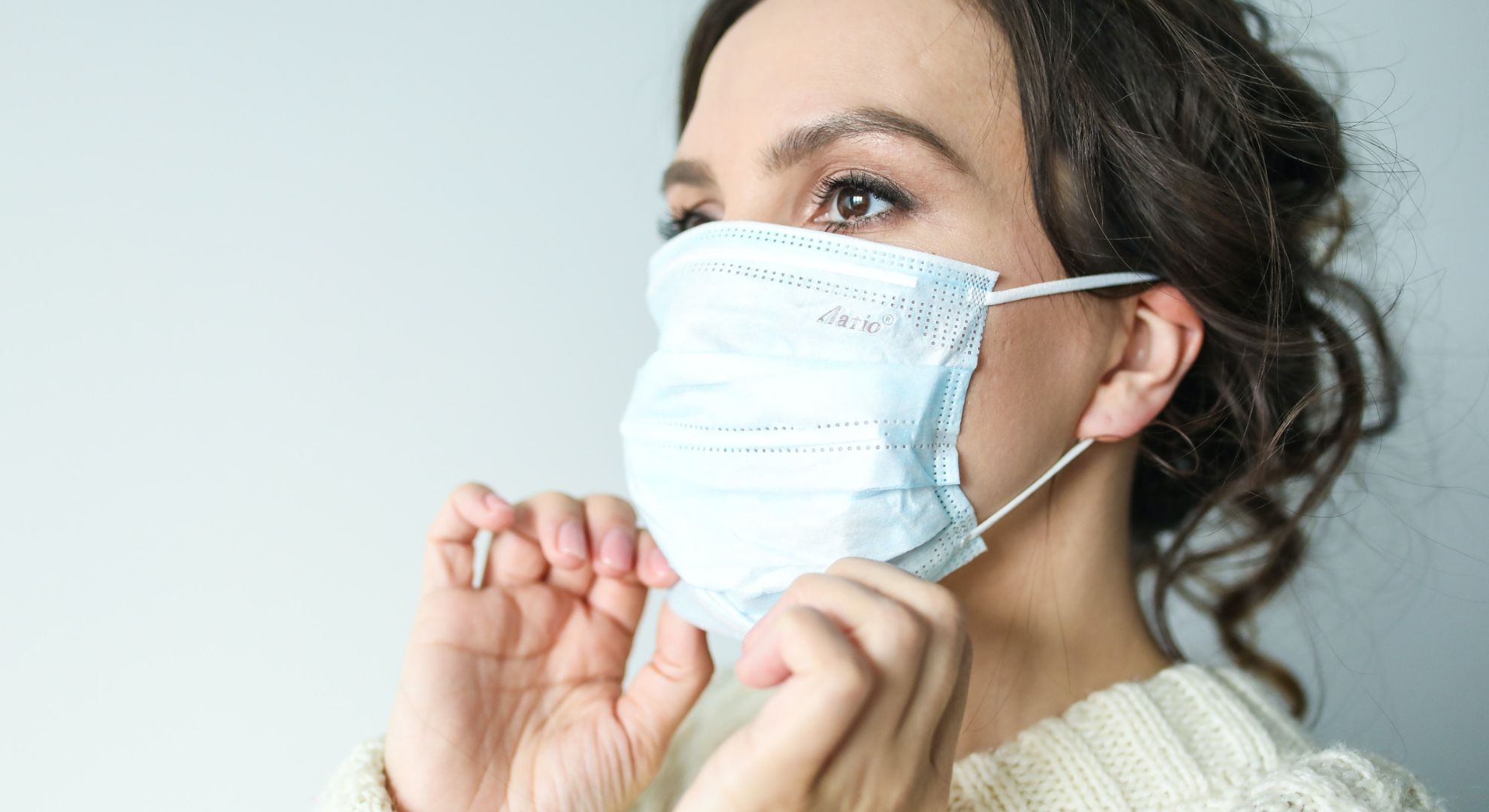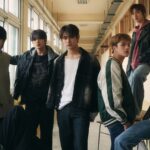The decision to wear a mask largely depends on how safe or unsafe a person feels in certain settings. But for some, it might rely heavily on how attractive they are.
1,030 people were surveyed for a study, and the participants were asked to “self evaluate their facial appearance,” and indicate how likely they are to wear masks these days.
According to the study in the journal Frontiers in Psychology, “individuals with high self-perceived attractiveness were less willing to wear a mask.” This is because they thought masks hid their attractiveness.
The study quoted one person as saying, “I can’t wait to stop wearing a mask… I can’t wait to show my full face in places again.”
People who felt less attractive noted the stark opposite and were much more likely to still wear masks.
“I like to hide my face under the mask and really dread the day when mask mandates will come to an end,” said another person quoted in the paper.
The participants were also asked to consider if location impacted their willingness to mask, and were given scenarios such as walking their dog or going to a job interview.
Those who considered themselves really attractive were a lot more likely to unmask for a job interview compared to people who didn’t
The said difference may be connected to the concept of “pretty privilege,” the notion that people who are considered attractive, based on society’s definition of beauty, will have better, and more, opportunities than people who aren’t considered attractive.
“These findings suggest that individuals are highly aware of the benefits of being physically attractive during the recruitment process, driving them to enhance their physical attractiveness,” the paper states.
Wearing a mask while walking the dog was much less important to both groups. Although people who find themselves more attractive are still more likely to leave their mask at home while they walk their dog.
“Our findings suggest that mask-wearing can shift from being a self-protection measure during the COVID-19 pandemic to a self-presentation tactic in the post-pandemic era,” the study authors wrote.
Other POP! stories that you might like:
Here’s the no. 1 ‘key’ to a happy life, according to an eight-decade-old study
‘Car brain is real’: New study reveals people’s unconscious bias when it comes to driving
[Commentary] Multi-planetary civilization: ‘A New Era’
‘Zombirds are real’: Researchers turn taxidermy birds into spy drones
Researchers confirm 5th patient cured of HIV after stem cell transplant



